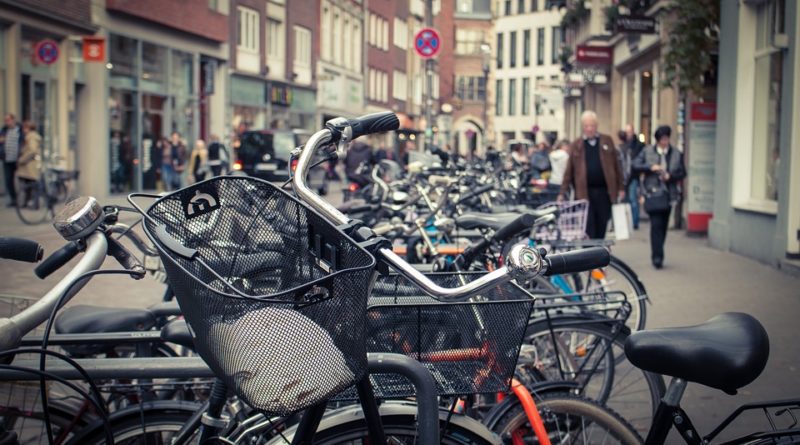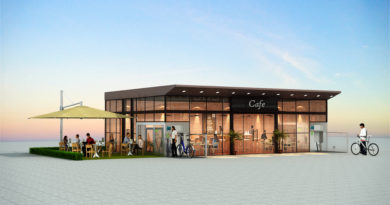Bristol ranked 17th best cycling city in the world, says Coya study
Bicycle insurance specialists, Coya, have released a study that reveals the best cities in the world for cycling, with Bristol coming in 17th.
A mix of traditional cycling cities and lesser-known locations improving their bike infrastructure made up the 90 cities selected from around the world to take part. The 2019 Bicycle Cities Index was designed more as an indicator for cities to benchmark the areas where they are succeeding and where they need to invest, rather than a mere ‘best and worst’ ranking.
The study delved in to a number of areas to conclude its findings: bike theft rates, number of cycling fatalities and accidents, investment in infrastructure, percentage of bicycle usage, bike share figures, and cycling-friendly events.
Andrew Shaw, Founder of Coya, said: “By including a spectrum of different factors in this study ranging from infrastructural to societal, we were able to compare how cities are performing well, and which areas that have room for improvement. What is clear is that no city is perfect in terms of cycling conditions, and we can all learn from each other.”
 Bristol ranked 17th in the study with a score of 43.76 out of 100, while Utrecht held the top spot scoring 77.84. The study revealed Utrecht as the number one city for cycling overall due to high bicycle usage, good road infrastructure and low bicycle crime rates. Munster came in second and Antwerp third, meanwhile only three non-European countries featured in the top 20.
Bristol ranked 17th in the study with a score of 43.76 out of 100, while Utrecht held the top spot scoring 77.84. The study revealed Utrecht as the number one city for cycling overall due to high bicycle usage, good road infrastructure and low bicycle crime rates. Munster came in second and Antwerp third, meanwhile only three non-European countries featured in the top 20.
Bristol ranked 16th for its infrastructure investment and 20th for its bicycle usage percentage, however dropped towards the lower end of the rankings for its bike share services (63rd). Bristol also ranked in the upper half of the group for its safety provision (39th) with a score of 85.23.
The Bicycle Cities Index revealed a number of key findings. The top 20 cities range from 300,000 to over five million inhabitants, indicating that size needn’t be an impact on good cycling conditions with the correct infrastructure and investment. The study also found that high bicycle usage correlated with a high ranking, confirming cities which invest in cycling infrastructure boost their cycling numbers.
Andrew Shaw, Founder of Coya, continued: “It’s fascinating to see the correlation between high bicycle usage and city ranking, as it’s clear that the better the city is for cycling, the more people will ride. The fact that the top three cities are in northern Europe reflects the notion that cycling is a way of life in those countries, which has clearly had an impact on the amount of money they’ve invested in it.
“It’s an encouraging representation of the efforts city officials make to improve cycling conditions, and proves that government investment in safety and infrastructure ultimately pays off.”
Germany has been crowned the safest country for cyclists, with seven of its cities ranking in the top 10 in the world in this area (Stuttgart, Dortmund, Frankfurt, Nuremberg, Munich, Dusseldorf, Hamburg).
On the other end of the spectrum, Johannesburg, Casablanca and Medellín have the highest rates of cycling-related fatalities, while five of the top 10 cities with the highest rate of bicycle accidents are in the US.
Geneva (66.49), Bern (65.46) and Nantes (64.62) have the top three overall infrastructure scores, meaning that they scored highly on investments in quality bicycle infrastructure such as specialised roads, bicycle lanes and bicycle highways. Antwerp, Bern and Paris came out on top for bike share services, while Krakow is the best city for cycling events followed by Copenhagen and Warsaw.
Full results of the 2019 Bike Cities Index can be found here.



